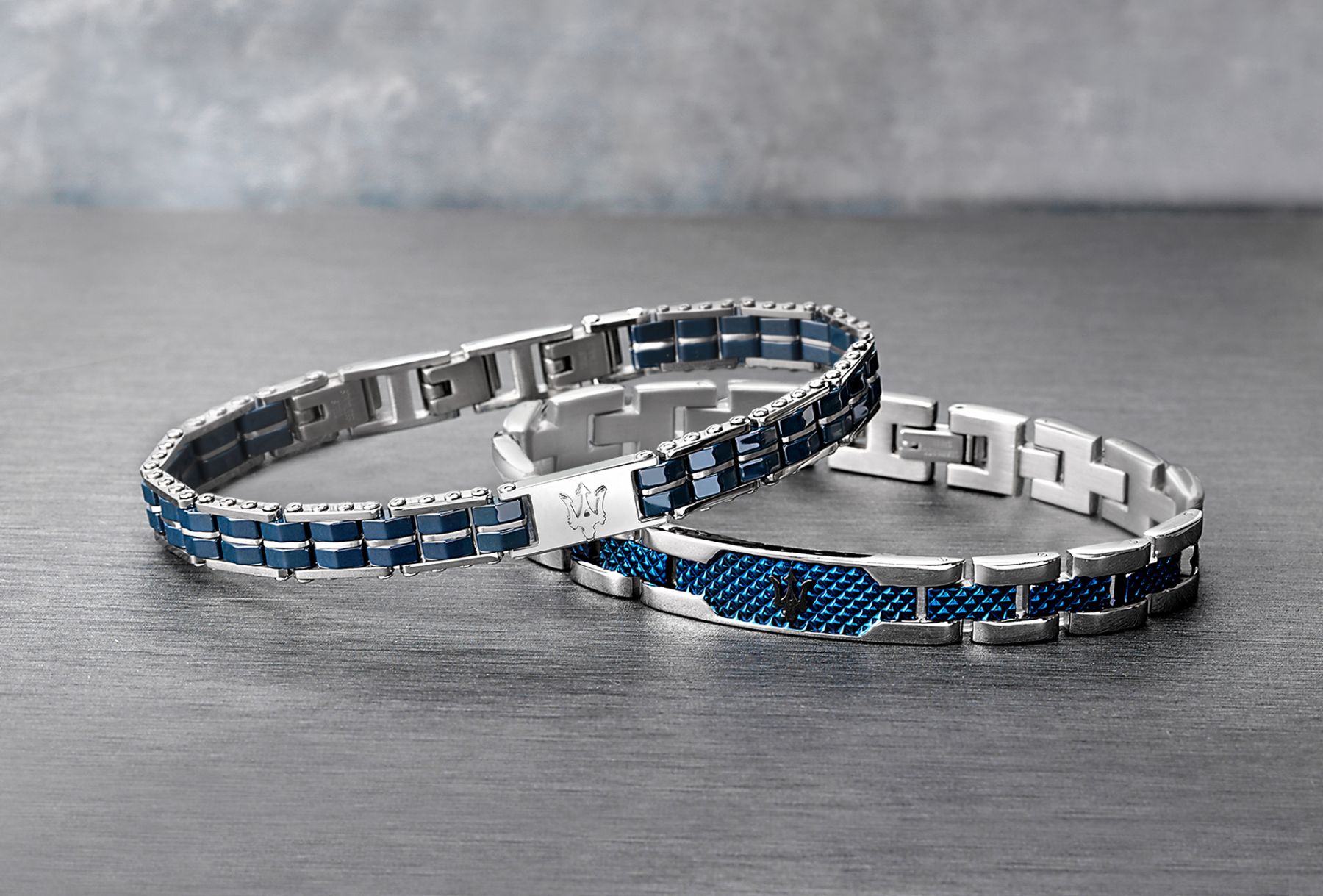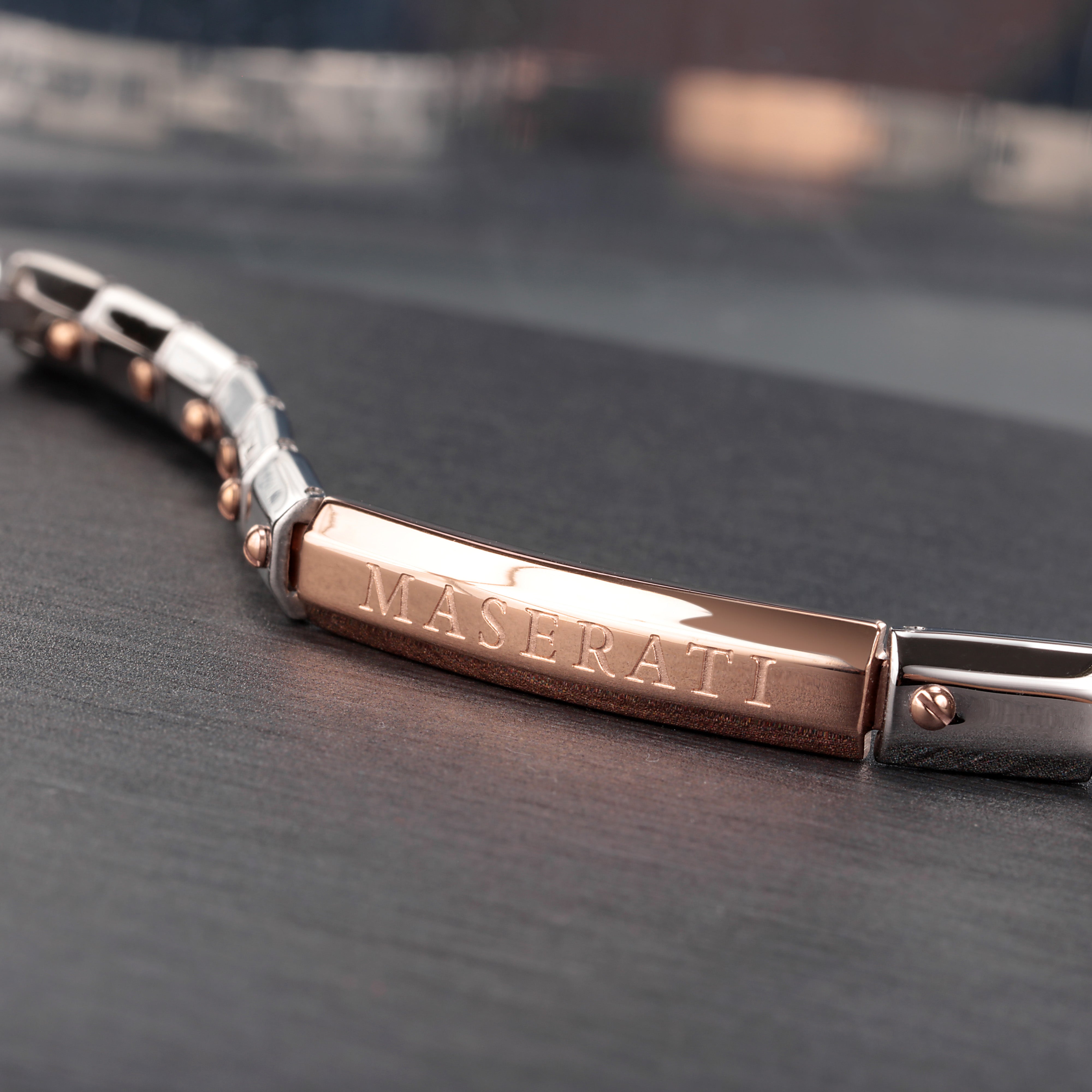AI: Opportunities, Risks, and the Revolution Changing the Future of Luxury E-Commerce

Artificial Intelligence is no longer science fiction. It’s no longer a futuristic concept.
It is the present and at the same time one of the greatest cultural, economic, and psychological revolutions of our era.
AI is reshaping the way people discover brands, choose products, build trust, and experience online shopping.
And in the world of e-commerce, especially luxury e-commerce, AI is creating a new paradigm: a fusion of technology and craftsmanship, hyper-personalization and brand identity, operational efficiency and emotional storytelling.
But like any revolution, AI brings massive opportunities along with very real risks.
This article explores both sides of the transformation, integrating the critical thinking of Marco Camisani Calzolari, one of the most lucid and transparent voices on AI today, and examines how this technology is redefining and will redefine the global e-commerce landscape.
1. An Inevitable Revolution: Why AI Is Changing Everything
We live in a world where:
- Consumers are increasingly digital;
- Attention spans are fragmented;
- Trust is fragile;
- Brands compete without borders;
- Time has become the most valuable currency.
AI arrives exactly at this intersection, offering solutions to challenges that traditional e-commerce can no longer keep up with: instant personalization, continuous support, scaled content creation, demand forecasting, and optimized logistics.

In luxury where value is built through detail, AI can amplify a brand’s strengths… or undermine them.
2. Hype, Reality, and “Soap Bubbles”
Today, everything seems to be “AI-powered.” Every app, every startup, every digital service claims to use artificial intelligence, but the reality is very different.
Many companies are simply “soap bubbles”: products built on one or two API calls to a language model, repackaged as proprietary technology.
They have no infrastructure, no data, no vision, and no real value.
This distinction matters:
- Real AI = sophisticated models, proprietary data, deep system integration.
- Fake AI = marketing labels without substance.
Yet, amidst the noise, there are companies building meaningful solutions: agentic models, predictive systems, intelligent search engines, conversational commerce platforms, and AI-enabled supply chain tools. These are the companies redefining the future of how we buy.

3. Thought Leadership from Marco Camisani Calzolari: Models, Trust, and Keeping Humans at the Center
According to Marco Camisani Calzolari, the AI revolution must be observed critically and consciously. His perspective highlights both the opportunities and the existential risks facing society and business.
3.1 The Evolution of AI Models
Emphasizes that we are moving beyond traditional Large Language Models (LLMs).
He talks about the rise of EBMs — Energy-Based Models, more advanced systems that can interpret reality in deeper, more autonomous ways.
This means one thing:
AI will become more independent, less predictable, and more capable of simulating decision-making.
3.2 The Crisis of Trust
One clearest warnings:
“The problem isn’t AI. The problem is that we won’t know anymore whether what we see is true.”
With deepfakes, generated images, synthetic voices, and AI-produced texts,
the digital world risks losing credibility entirely.
And in e-commerce where trust is the foundation of every transaction, this risk is enormous.
3.3 The Human Must Stay at the Center
Technology cannot replace aesthetic judgment, cultural knowledge, taste, emotional intelligence, or human creativity. A luxury brand cannot sacrifice its soul. Even the most advanced automated catalog must communicate style, values, identity.

For the luxury sector this is non-negotiable.
4. The Pros of AI: How It Is Elevating Luxury E-Commerce
Despite legitimate concerns, AI is a powerful force for good in the retail ecosystem.
Here are the most significant benefits.

4.1 Hyper-Personalization
AI observes, learns, and interprets.
It suggests what to buy based on preferences, behavior, culture, and context.
In luxury, this becomes:
- curated recommendations;
- personalized looks;
- automated VIP clienteling;
- messages crafted for the individual, not the masses.
It’s the comeback of the personal shopper supercharged by data.
4.2 Intelligent Automation
- Inventory → optimized.
- Demand forecasting → accurate.
- Logistics → faster.
- Human errors → reduced.
- AI allows brands to operate with precision, global efficiency, and speed.

4.3 Scalable Creative Production
This is more than just writing descriptions.
It includes:
- improved product photos;
- SEO-optimized copy;
- real-time premium translations;
- AI-generated social campaigns;
- custom editorial imagery.
What once required a team and five days now takes two hours.
4.4 A Frictionless Shopping Experience
Smart chatbots, semantic search, dynamic filters, and conversational assistants.
The future user doesn’t browse.
The future user talks to the e-commerce platform.
This is a revolution.
5. The Cons of AI: The Risks and the Dark Side
5.1 Loss of Authenticity
The biggest threat: brands begin to look identical.
Same tone of voice, same visuals, same structure same “AI flavor.”
In luxury, where uniqueness = value, this is extremely dangerous.
5.2 The “Too Perfect” Effect
Impeccable images, flawless language but no soul. AI can make everything shiny and perfect… but also sterile and emotionally flat.
5.3 Ethics, Privacy, and Data Ownership
Who owns the data feeding these models?
How is it used?
What biases does the model carry?
Luxury consumers expect clarity. Brands must be transparent.
5.4 Trust Erosion
As Camisani warns,
the real crisis is not AI, it’s the collapse of our ability to distinguish truth.
In luxury e-commerce, trust is everything.
Losing it means losing the customer.
6. Real Value vs. Empty Hype: Which Companies Are Leading?
The “Soap Bubble” Companies:
- Tools that rely on basic LLM calls disguised as proprietary solutions.
- Startups without data, architecture, or AI specialists.
- Platforms that cannot scale.
The Real Innovators:
- LVMH, Kering, Richemont → AI in supply chain, merchandising, CRM, design prediction.
- Startups like Envive → conversational, agentic commerce models.
- Virtual try-on pioneers (e.g., GlamAI) → immersive shopping.
- Predictive logistics systems → dramatically reduce overstock and global waste.
- Intelligent discovery engines → transition from static catalogues to adaptive, personalized storefronts.
The difference?
The first group sells marketing.
The second group builds technology.
7. How AI Will Transform E-Commerce in the Next 3 Years
1. Goodbye to endless product catalogues
AI will show only what each customer truly needs.
2. E-commerce becomes conversational
“Find me a gift for my wife under $500 in a classic Italian style.”
3. Logistics becomes predictive
AI will know what sells, where, and when.
4. Immersive experiences become standard
AI-generated videos, real-time campaign visuals, virtual try-ons.
5. New business models emerge
- items created on demand;
- infinite product variations;
- self-optimizing online stores.
8. AI & Luxury: A Delicate Balance
Luxury lives through aura, exclusivity, and craftsmanship.
AI must enhance these elements never erase them.
8.1 Digital Luxury Without Losing the Human Touch
AI can:
- elevate the experience;
- enhance perception;
- strengthen storytelling.
But it cannot and must not replace what makes a brand unique.
8.2 Storytelling 2.0
AI enables:
- global campaigns created in days;
- editorial visuals in impossible locations;
- culturally tailored narratives.
An extraordinary opportunity for brands willing to innovate.
8.3 Intelligent Clienteling
The perfect mix:
AI that analyzes preferences + humans who interpret emotions and taste.
9. Conclusion: AI as a Partner, Not a Master
Artificial Intelligence is a massive force.
It will reshape e-commerce more than the invention of the internet itself.
But the future won’t belong to those who use AI for fashion or hype.
It will belong to those who use AI strategically, ethically, and intelligently.
As Marco Camisani Calzolari reminds us:
“Human beings must remain at the center.”
The future of luxury, retail, and e-commerce is not a world ruled by machines.
It is a world where technology and humanity work together to create richer, more personal, deeper experiences.
AI can empower brands.
But only brands can give products a soul.
Sources & References
Cited ideas and inspirations:
- Marco Camisani Calzolari Medium articles on AI, trust, and human-centric digital evolution https://medium.com/@marcocamisanicalzolari
- Boston Consulting Group, “Why Luxury Needs an AI Moment”
- Wall Street Journal, “LVMH bets on AI”
- Vogue Business, AI & luxury innovation insights
- Artefact, State of luxury and AI transformation
- Envive AI, conversational and agentic commerce
- GlamAI, virtual try-on and digital fashion experience
- Academic research: ethical AI, retail AI risks, and digital trust (arXiv)
(All references are used for contextual analysis. No copyrighted text has been reproduced.)
































Hinterlassen Sie einen Kommentar